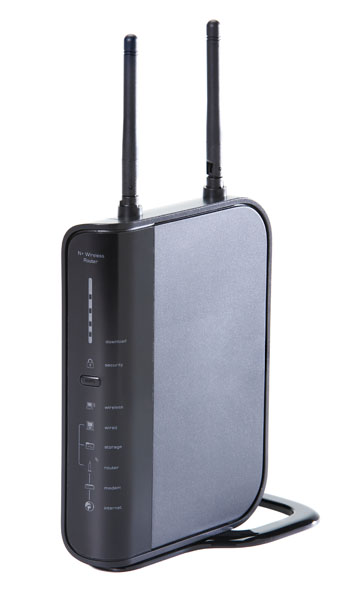
Because heat pumps are the most efficient electric heating and cooling technology, they are an excellent choice if your home needs a heating, ventilation and air conditioning (HVAC) upgrade. While electric resistance heaters are about 100 percent efficient, meaning all the electricity that goes into it is used to generate heat, heat pumps can claim efficiency of 200 to 400 percent.
But the proper heat pump for your home depends on a variety of factors. Following are some tips when considering air-source and ground-source heat pumps.
Air-source
There are two main types of air-source heat pumps: ducted and ductless. Both provide heating and cooling, and they can also create hot water.
In cooling mode, these appliances function similar to an air conditioner by moving heat from inside to outside your dwelling. In heating mode, the refrigerant flow is reversed and delivers warm air indoors.
When outdoor temperatures drop, the efficiency of air-source heat pumps decrease. As a result, these devices are more commonly used in areas of the country that do not experience extremely cold weather for extended periods. A good rule of thumb for air-source heat pumps is that they are effective until the thermometer hits the 35 F to 42 F range.
For residents in the northern U.S., dual fuel setups, which combine an air-source heat pump with a natural gas-, propane- or heating oil-fired furnace, are often employed. During fall and spring months, the heat pump warms the home. When a prolonged cold snap hits, the supplemental furnace takes over.
Ducted systems have been the traditional air-source heat pump route, but ductless systems are picking up steam because they require an estimated 50 to 60 percent less electricity than electric resistance heating. In addition, air-source heat pumps that achieve ENERGY STAR designation, meaning they meet or exceed federal energy efficiency standards, can be up to 9 percent more efficient than standard air-source heat pumps.
Geothermal heat pumps
Geothermal heat pumps use relatively stable underground temperatures to heat and cool a home, and even to supply hot water. They come in two types: a groundwater (open-loop) heat pump uses well water, while an earth-coupled (closed-loop) model moves a water and antifreeze solution through underground pipes to disperse heat. The choice depends on local conditions.
Geothermal heat pumps tend to be the most efficient heating and cooling technology available, but the up-front cost is higher than air-source heat pumps. The final price tag depends on where you live and what kind of system you have. A typical residential consumer selecting a geothermal system will save 30 to 60 percent on an average heating and cooling bill, with a payback period varying from two to 10 years, according to the U.S. Department of Energy.
The Illinois electric co-ops believe so strongly in geothermal heating and cooling that they’ve taken a leadership role in forming a statewide organization – the Geothermal Alliance of Illinois (GAOI). The goal of this new organization is to advance the usage of geothermal technology and to help better educate and train all those involved in the geothermal heat pump industry. This includes dealers, installers, designers, engineers and others.
Above all, GAOI wants to be THE SOURCE of good information and advice for consumers. Only those dealers that have been trained and passed a GAOI-sponsored examination will be members of the organization. What this means for you, the consumer, is that by finding a certified dealer through GAOI, you can assure yourself of the highest standards in the industry. Chances are greatest that you’ll get a good installation done the right way, by competent, well-trained people, compared to the possibility of an installer doing his first geo installation without receiving any training.
If you are interested in learning more, talk to your co-op’s energy advisor and visit the GAOI Web site at www.gaoi.org. At the site you can find contacts for individuals who will help you locate a dealer, or make contact with key people in the industry and learn more about geothermal heating and cooling.
How to choose
Choosing a heating and cooling system for your home is a big decision with many variables. Be sure to call your local electric cooperative for advice on what type of unit will work best for you. Then, contact a reputable and knowledgeable HVAC contractor to discuss your options.
Brian Sloboda is a senior program manager specializing in energy efficiency for the Cooperative Research Network (CRN), a service of the Arlington, Va.-based National Rural Electric Cooperative Association.







